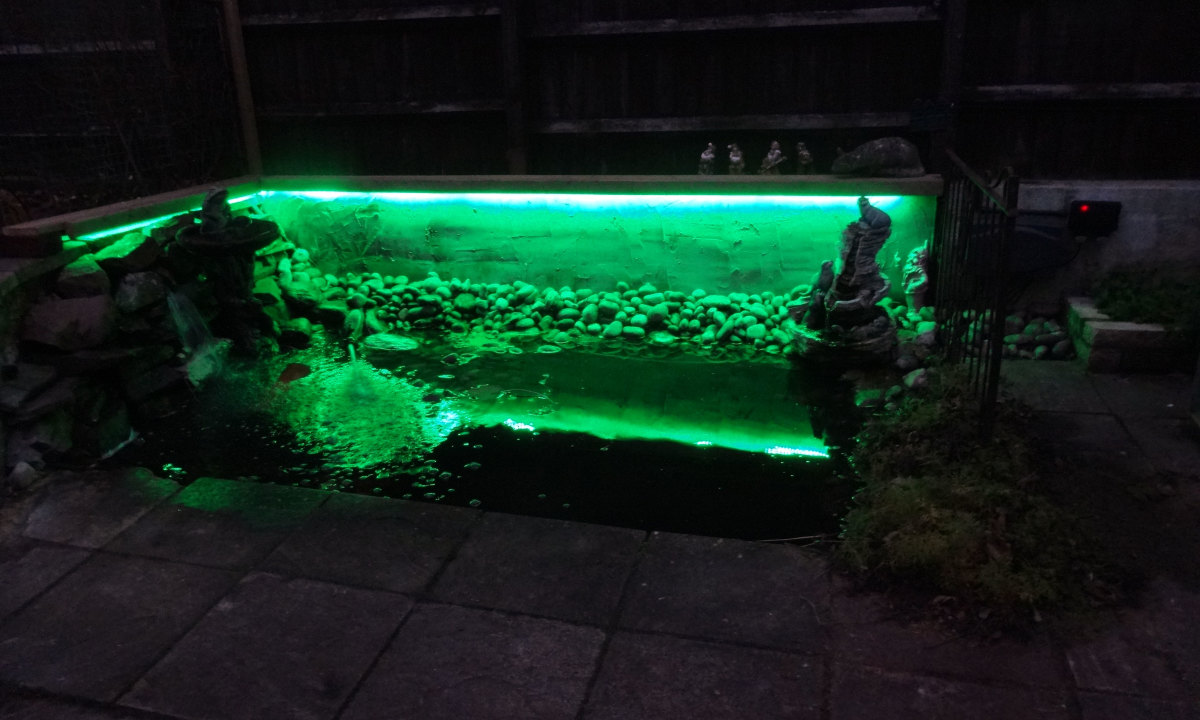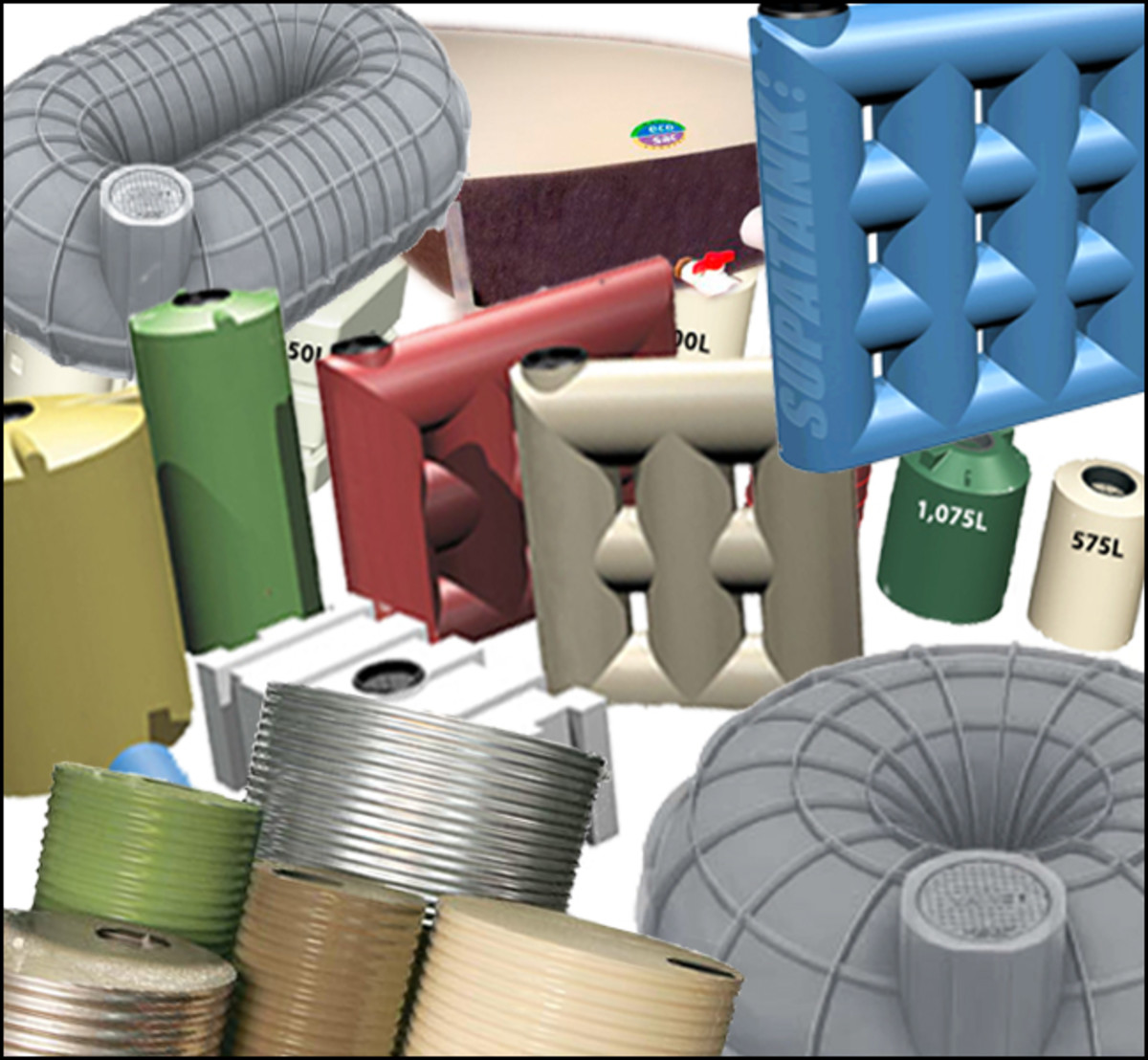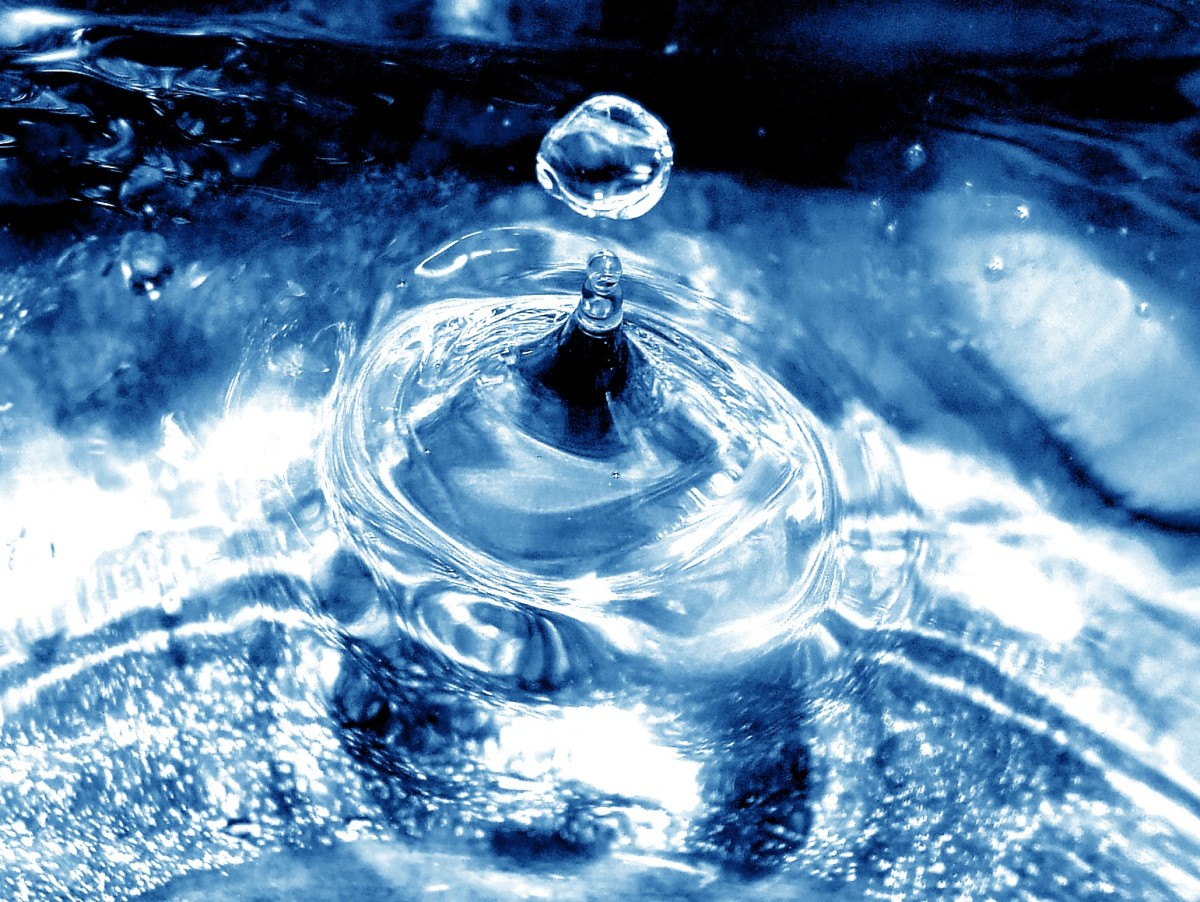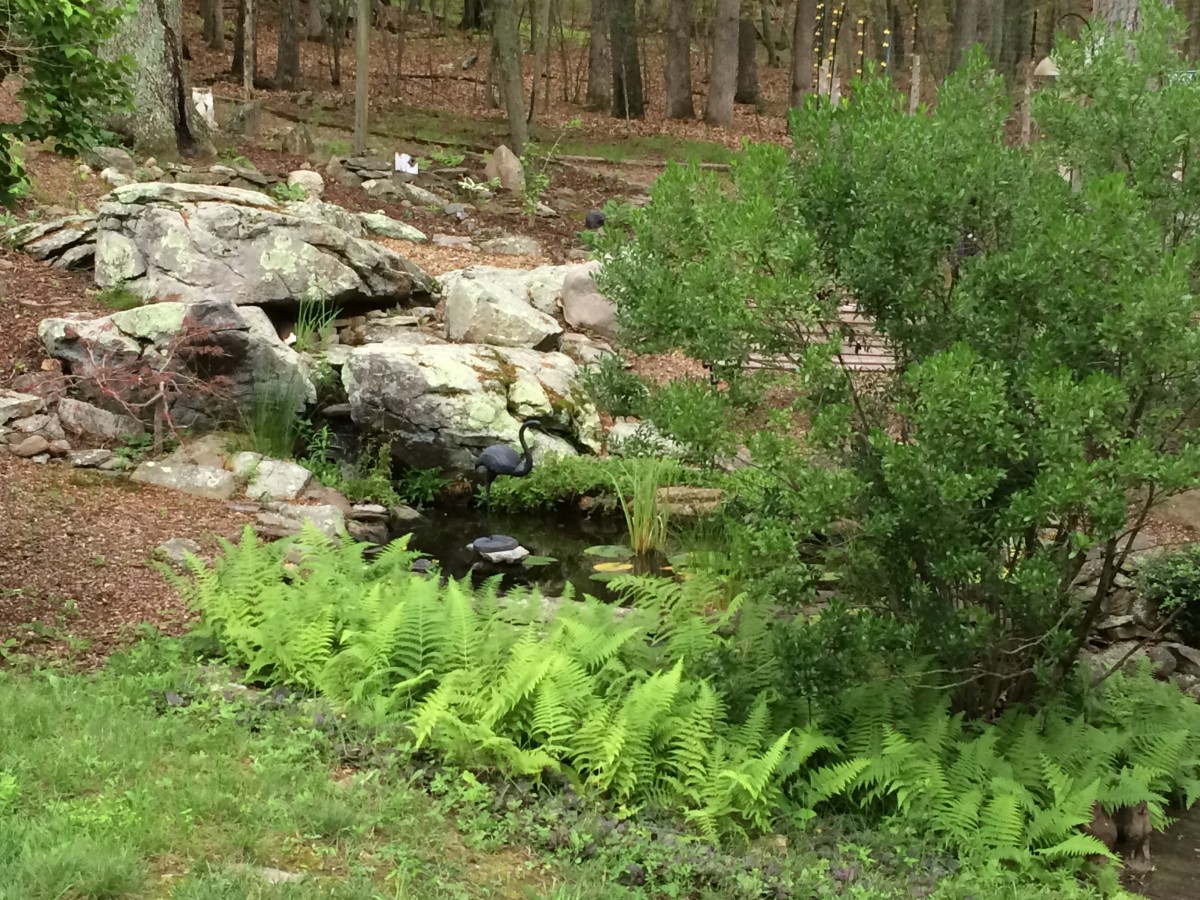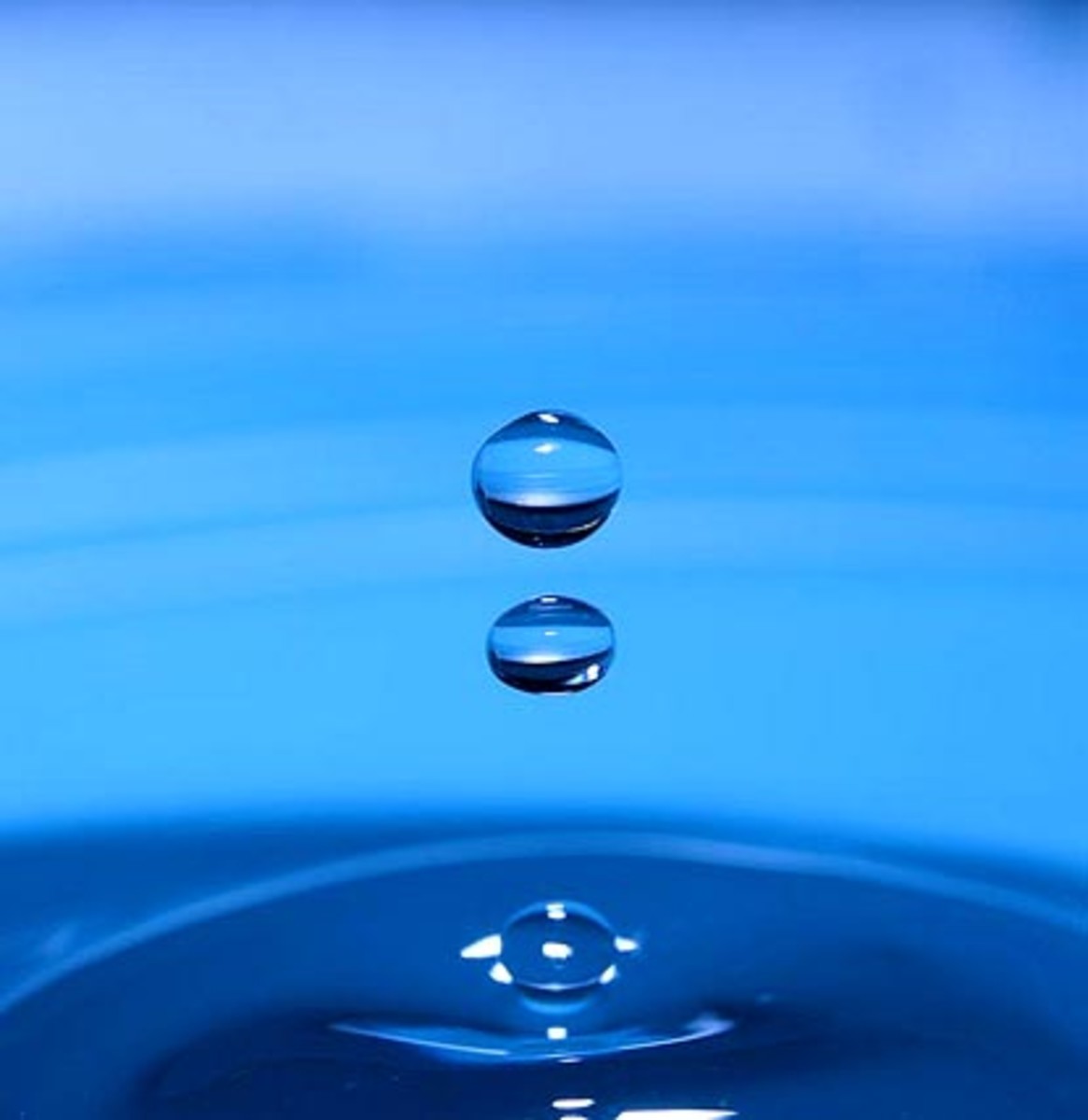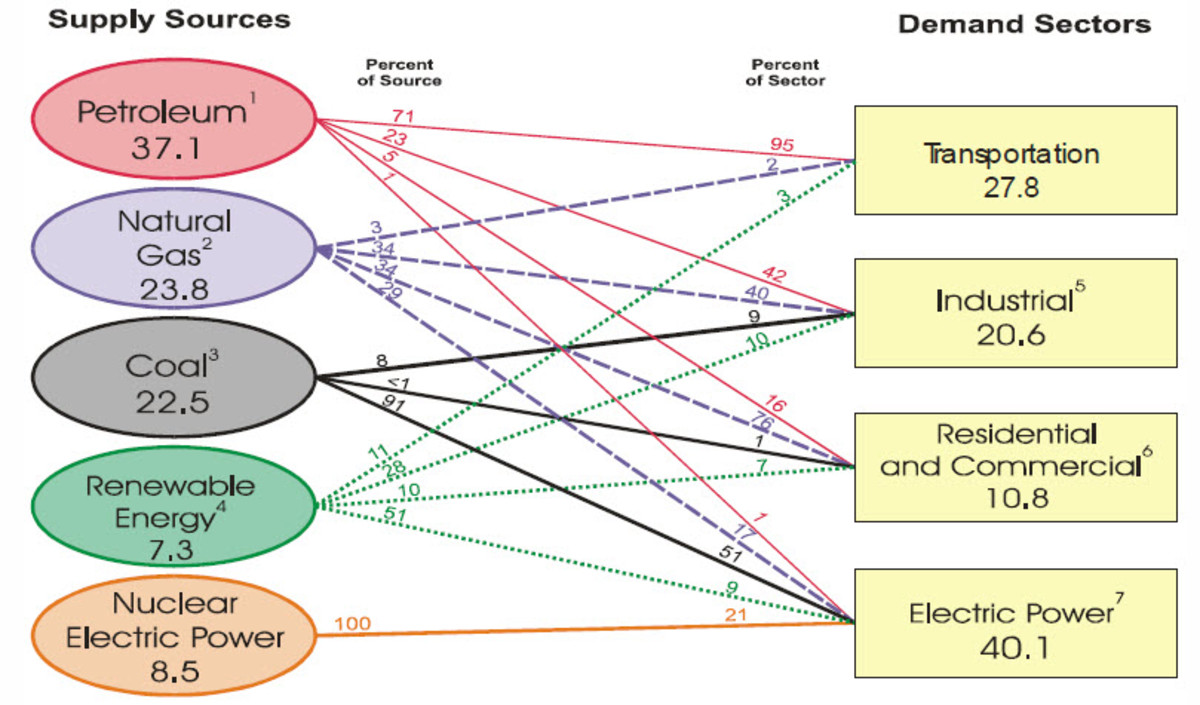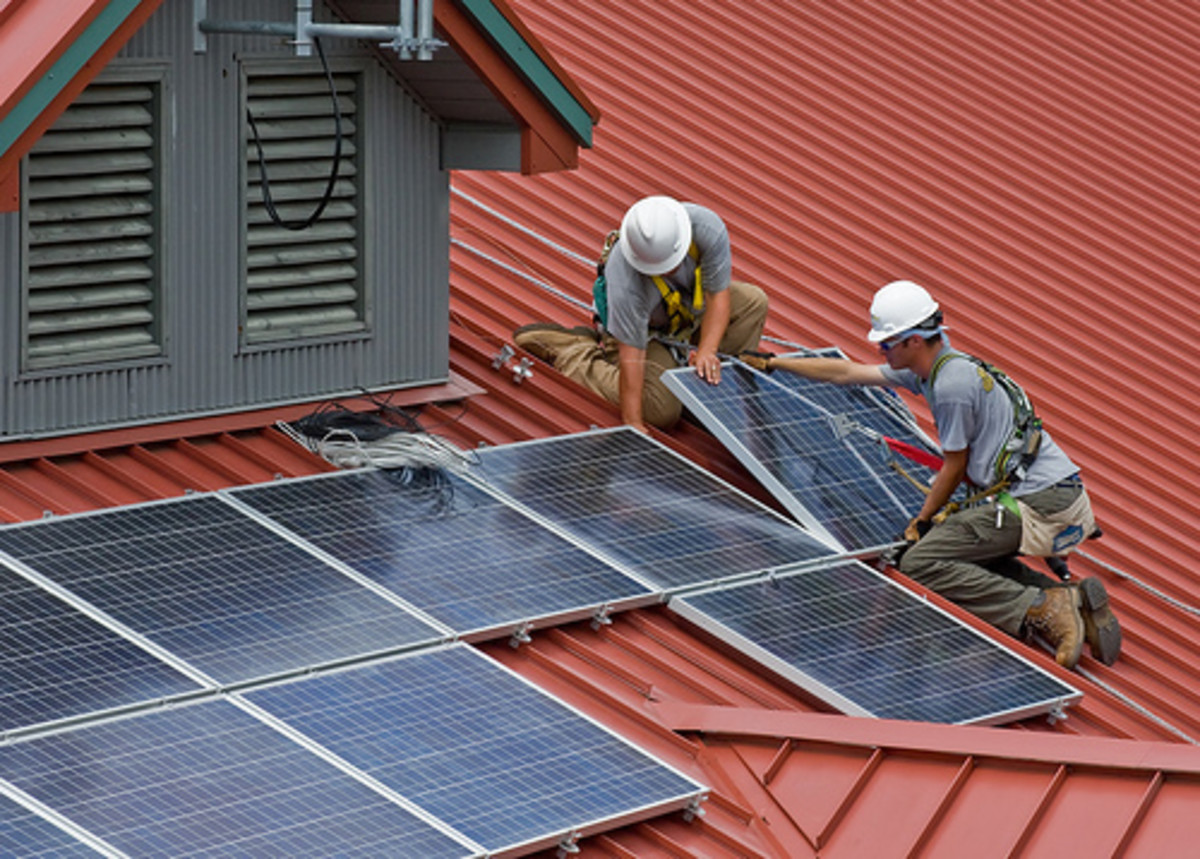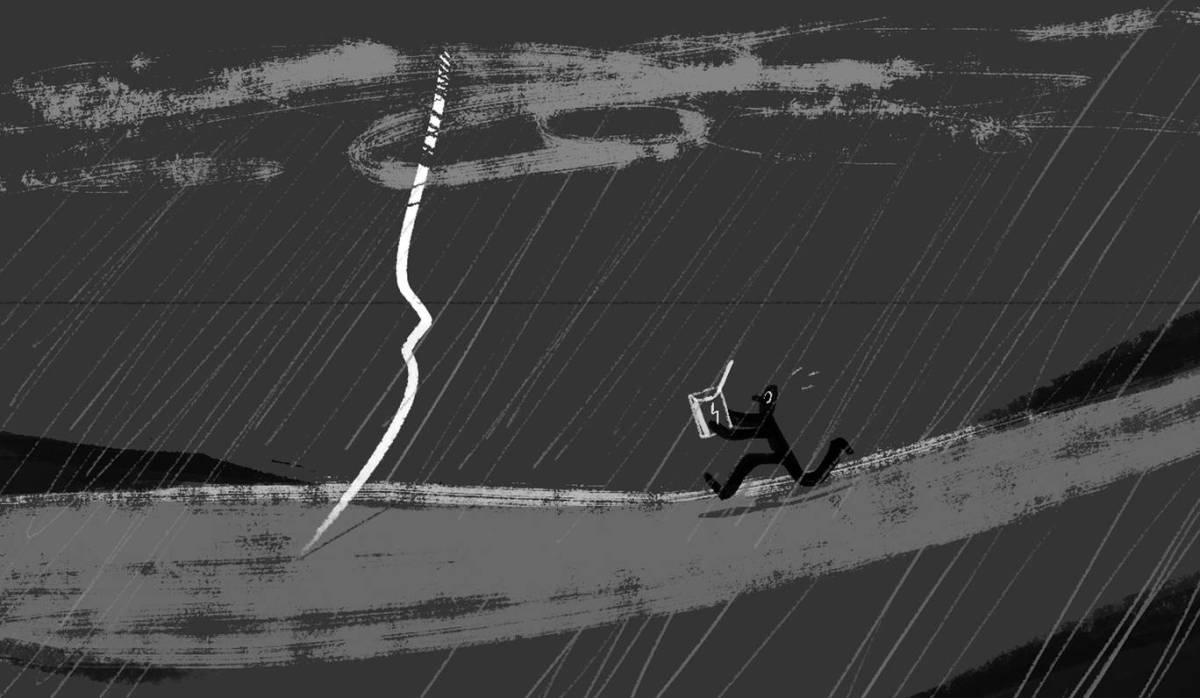Utilize rainwater
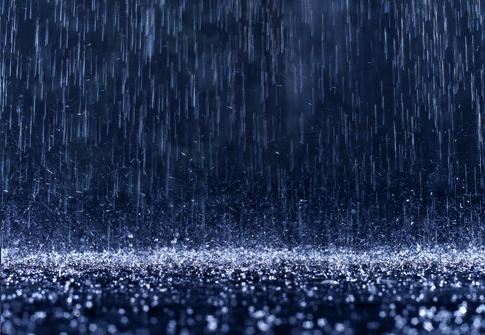
How to fully use the rainwater?
Rain can be a blessing and curse for everyone, but it don’t have to be necessary a wet curse. Rainwater particularly can be a blessing if salvaged properly for good use. Nowadays with better technology and advances in science, rainwater can be mostly utilized for good and eco-friendly use for the community. But sometimes with just manual collections of rainwater that will do. So here are some of the great use of rainwater for individual mankind:
a) Additional water sources
When it’s raining outside, it will be good idea to bring a bucket or more to collect the rainwater for future use. The collected rainwater by large bucket can be used for these purpose: washing car, (further information will be discussed in natural car wash later) washing clothes, washing floor, watering plant (further information will be discussed in natural plant watering later), or even as alternative water sources especially when the water supply is cut. If you want to use the collected rain water for drinking, make sure it is filtered and boiled prior to drinking to get rid of harmful microorganisms and harmful minerals present. Other than that, it is still safe for the purpose mentioned above. The manual collection of rainwater is also good method to conserve your monthly water use. Ensure the collected rainwater is free from harmful chemical such as sulphur dioxide or nitrogen dioxide from acid rain which is a harmful contaminant for domestic water utilization.
b) Natural car wash
This is actually the additional point from the additional water sources mentioned above. Other than using collected rainwater for car washing, by leaving your car in open space during rainfall, you can utilize the moisture from the rainwater to wipe off excess dirt on your car body and glass surfaces (includes windscreen). This is another good way to wash your car without turning your tap on but it is recommended to study the rain chemical content prior to exposing your car for so-called natural car wash. There are some concern of presence of acid rain which may corrode the car surface into rust if left unchecked. So it is better not to wash your car regularly or you’ll end up rusting your car surface later.
c) Natural plant watering
Also an additional point from the additional water sources mentioned above. The rainfall itself can be the source of plant hydration, provided the plants and the crop is planted in open area. This way, not only there is reduced need to turn on the tap to water the plants but also reduce the need to use collected rainwater to water the plant. But this solution can only work when there are constant rain monthly. During the dry season this method is definitely out of question! So it is important to know when to depend on rainwater to water your plants and when to use your tap water to water your plants in optimum amount.
d) House coolant
With some technology advancement, nowadays the rainwater can be used for house coolant. There are some methods here – either the water is used in air-conditioner coolant, or the water is directly used in coolant in glass buildings. Whatever the method is, the rainwater is the best option for coolant than chlorofluorocarbon (CFC) which is harmful to ozone layer. The main question is how to salvage every drop of rain for coolant, especially during the month when the rainfall is less. In this case, natural clean treated water sources can also be used, as an additional alternatives for scarce sources of rainwater.
e) Natural glass cleaner
Also an extra point from the additional water sources mentioned above. The rainfall itself is beneficial for cleaning glass windows if collected, or even better, the rainfall hits the window pane, that is if the rainfall is heavy enough to wet the window surface to be wiped later. By allowing the rainwater to wet the window pane surface, you’ll also reduce the need to turn on the tap for window cleaning.
f) Water for aquarium and ponds
Since the natural rainwater is free from chlorine, it is best used immediately for aquatic life aquarium and ponds. And since it is natural water sources, there is no need to treat it prior to use in aquarium and ponds. Unless you suspect some chemical content from acid rain, then you need to treat the water first prior to feeding it to aquarium or ponds. Other than that, it is a good water sources without treatment for your fish and other aquatic life habitat.

